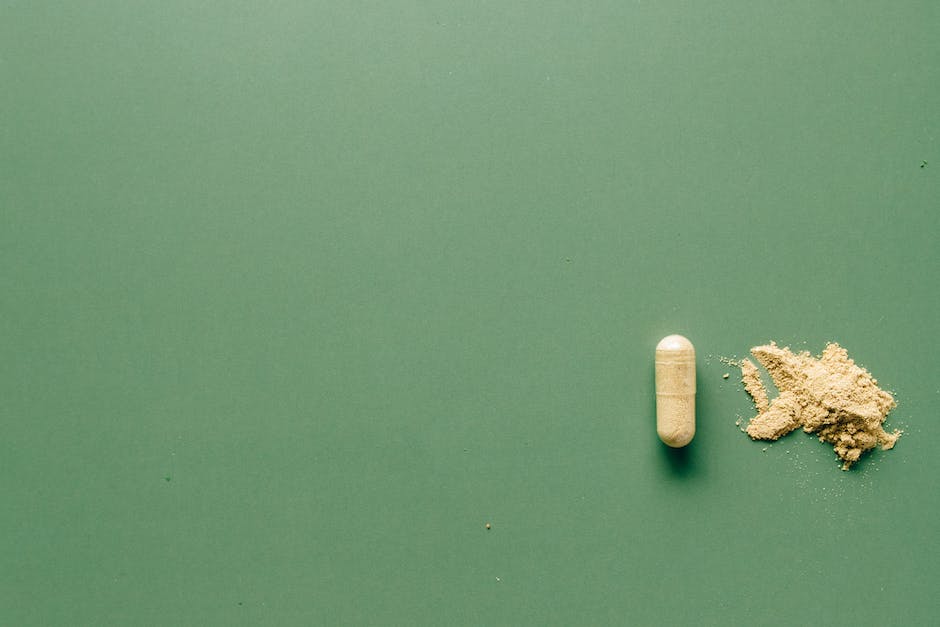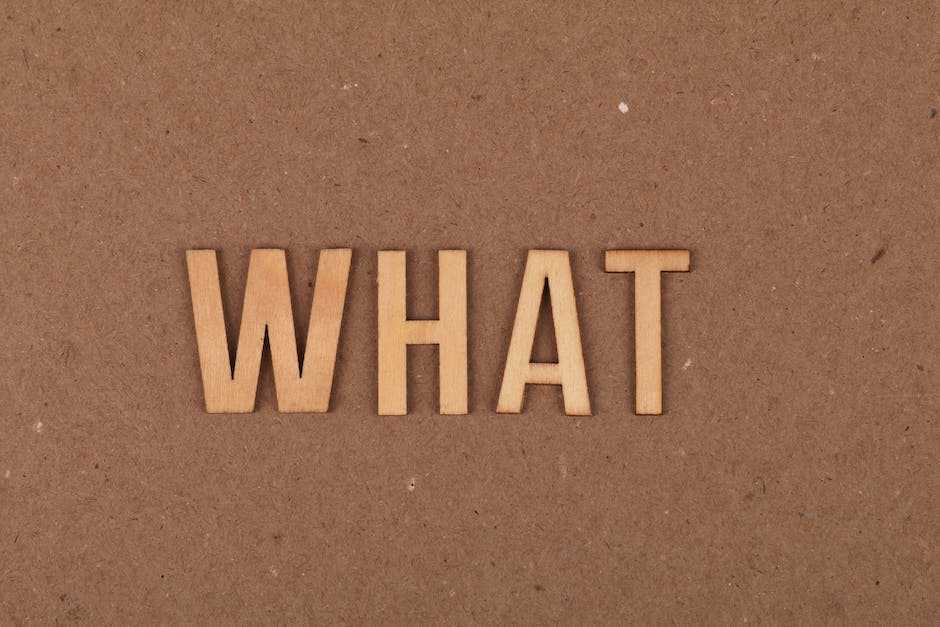
Contents
and Health
More and more people are turning to herbal remedies to manage hot flashes and other menopausal symptoms. Herbs and natural therapies provide an alternative to hormone replacement therapy (HRT). But, it’s important to know what works and what doesn’t to be sure that your health is not compromised.
Soy
Soy is one of the most popular herbal remedies for hot flashes and other menopausal symptoms. Studies show that soy isoflavones can reduce the frequency and severity of hot flashes, as well as reduce night sweats and improve sleep. Soy isoflavones work by mimicking the activity of estrogen, a hormone naturally produced by the body that decreases during menopause.
Black Cohosh
Black cohosh is another popular herbal remedy for hot flashes. This herb has been used for centuries as a natural remedy for menopausal symptoms. Studies show that black cohosh can reduce the severity of hot flashes and night sweats, as well as improve mood and well-being. While black cohosh may be beneficial, its long-term safety and effectiveness have not yet been established.
Red Clover
Red clover is another herb that is believed to help alleviate menopausal symptoms. Studies show that red clover contains phytoestrogens, plant compounds that may help to reduce hot flashes and other menopausal symptoms. However, research is limited and there is not enough evidence to recommend red clover as a safe and effective herbal remedy for menopause.
Vitamin E and other Antioxidants
Vitamin E and other antioxidants, such as vitamin C and beta-carotene, may also offer some relief from menopausal hot flashes. Vitamin E helps to boost the immune system, promotes energy, and can reduce oxidative stress on the body. These antioxidants may be beneficial in reducing the frequency and severity of hot flashes.
Other Herbs
Other herbs, such as chasteberry, ginseng, dong quai, wild yam, and many others, are also believed to help alleviate menopausal symptoms. However, there is limited clinical research to back up these claims.
What to Consider Before Taking Herbal Remedies for Hot Flashes
Before taking any herbal remedies for hot flashes, it is important to talk to your doctor about the potential risks and benefits. Herbs can interact with other medications, and they can also cause side effects. Also, many herbs have not been studied extensively, so it is important to have a clear understanding of the safety and efficacy of the herb you are considering.
Conclusion: Herbal remedies may be beneficial in some cases for managing hot flashes and other menopausal symptoms. However, it’s important to understand what works and what doesn’t, and to talk to your doctor before taking any herbal remedies. With the right information and guidance, herbal choices can be a safe and effective way to manage hot flashes.
Keywords:
Soy, Black Cohosh, Red Clover, Vitamin E, Antioxidants, Chasteberry, Ginseng, Dong Quai, Wild Yam, Herbal Remedies, Hot Flashes, Menopause.
